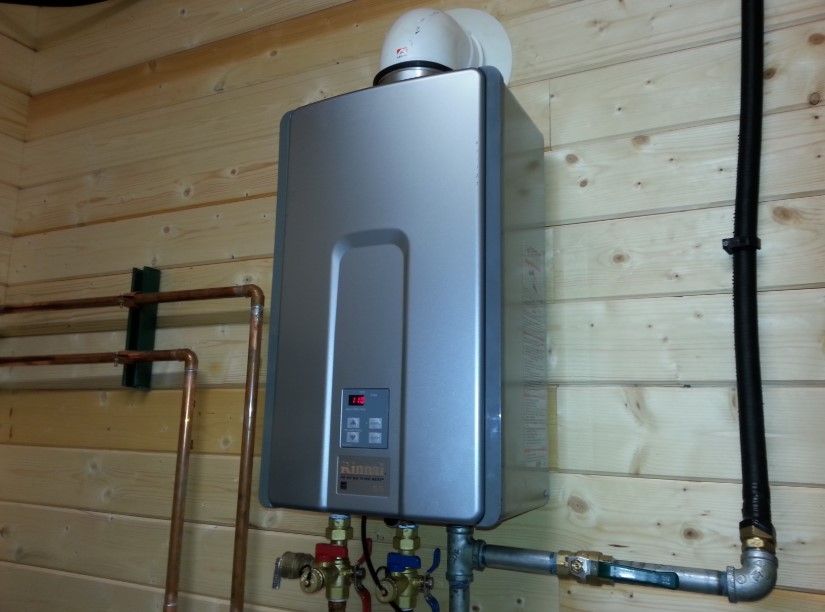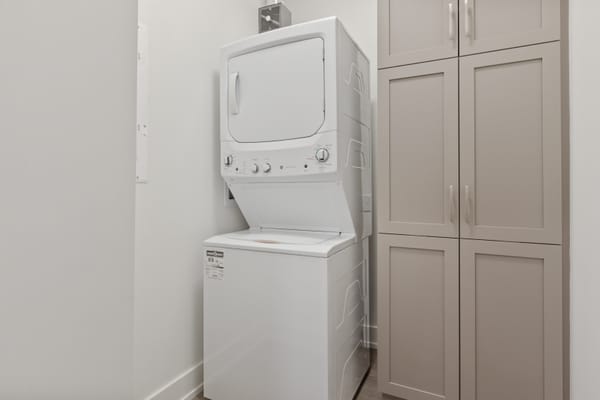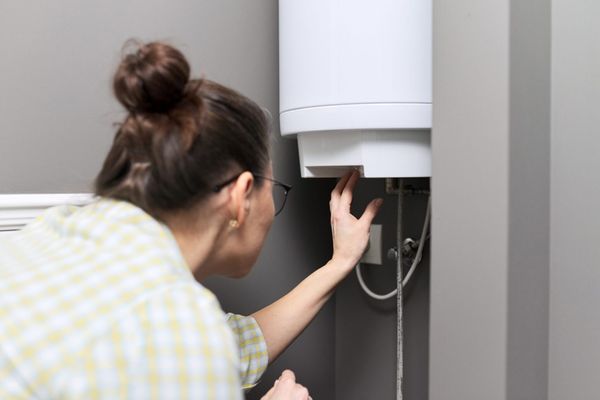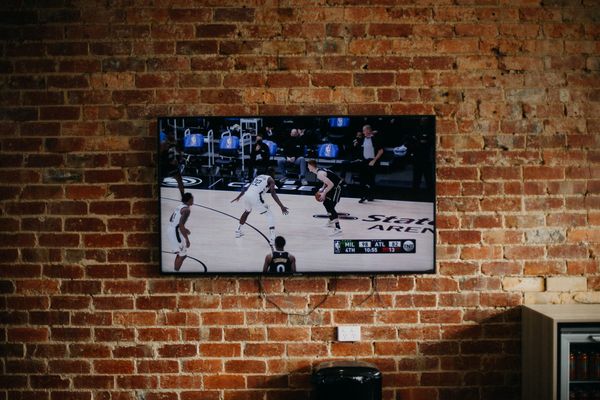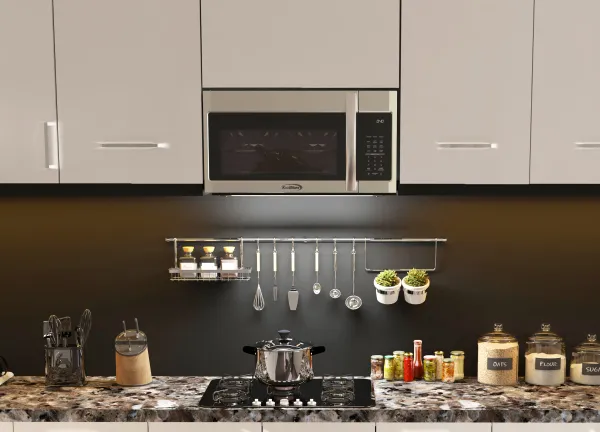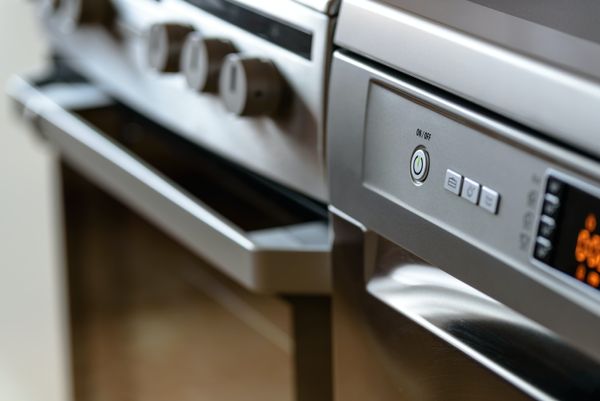Water heaters are an indispensable appliance in modern homes. With the rise of technology and the increased demand for energy-efficient solutions, electric tankless water heaters have emerged as the frontrunners in the market. This article delves deep into their features, benefits, and why they might just be the best choice for your household.
Understanding the Basics
Unlike traditional water heaters that store and heat a large volume of water in a tank, electric tankless water heaters, often referred to as "on-demand" heaters, heat water directly as it flows through the unit. The absence of a storage tank means that they provide hot water only when it's needed, thus potentially conserving energy.
The Benefits of Electric Tankless Water Heaters
Energy Efficiency
One of the most celebrated advantages of electric tankless water heaters is their energy efficiency. By eliminating the need to constantly heat a tank of water, they typically reduce energy consumption. This can translate to savings on your electricity bill over time.
Continuous Hot Water Supply
Ever been the last person to shower and run out of hot water? With an on-demand water heater, that's a thing of the past. Since these heaters warm water as it flows through, you have a virtually endless supply of hot water.
Space Savings
Without the bulky tank, electric tankless water heaters take up significantly less space. This is especially beneficial for urban homes or apartments where space can be a premium.
Reduced Risk of Water Damage
Traditional water heaters can sometimes leak or burst, leading to potential water damage. By doing away with the storage tank, this risk is substantially diminished.
Longer Lifespan
While traditional tank heaters have a lifespan of 10-15 years, electric tankless models can last 20 years or more, given proper maintenance.
Selecting the Right Unit for Your Home
When it comes to choosing an electric tankless water heater, there are several factors to consider:
Size and Capacity
The size of the heater will depend on the maximum flow rate you require. It's crucial to calculate the number of devices you want to run simultaneously and their total flow rate.
Energy Factor (EF)
EF measures the efficiency of the heater. A higher EF indicates greater energy efficiency.
Temperature Rise
This indicates how much the heater can raise the water temperature at a specific flow rate. Depending on your region and the temperature of incoming water, this factor can play a pivotal role in the heater's performance.
Installation and Maintenance
While electric tankless water heaters come with myriad benefits, they also demand professional installation. Due to their high electrical demand, specialized equipment and knowledge are required.
Maintenance is comparatively simpler. Regular descaling, especially in areas with hard water, and periodic checks of the heating elements will ensure the unit's longevity.
The Cost Factor
While the initial cost of electric tankless water heaters can be higher than traditional models, the long-term savings in energy bills and potential reductions in repair or replacement costs often balance out the initial investment.
Environmental Impact
In an age where sustainability is paramount, electric tankless water heaters shine. Their energy efficiency translates to reduced electricity consumption, which, in turn, implies fewer greenhouse gas emissions if your electricity comes from non-renewable sources.
Overcoming Common Misconceptions
While electric tankless water heaters are becoming increasingly popular, there are still several misconceptions surrounding them:
Expensive to Operate
Some believe that because these devices are electric, they might be expensive to run. However, their on-demand heating capability often results in lower monthly energy bills compared to traditional tanked heaters.
Limited Hot Water Supply
As they don’t store hot water like traditional units, people often fear they might run out of hot water. In reality, these heaters provide a continuous flow of hot water, as long as the unit is sized correctly for the household’s needs.
Difficult Maintenance
While these units do require occasional maintenance, such as descaling, the processes are often straightforward. Moreover, the lack of a tank means fewer components to worry about, like anodes or tank corrosion.
Incorporating Smart Technology
Modern electric tankless water heaters are now being integrated with smart home systems. These advanced features can:
Provide Real-time Monitoring
Check the performance, efficiency, and any potential issues directly from your smartphone.
Remote Control
Adjust temperature settings, switch the unit on or off, or set schedules for operation from anywhere.
Predictive Maintenance Alerts
Smart heaters can predict when maintenance is due or when parts need replacement, ensuring optimal performance and extended lifespan.
Safety Aspects
Safety is paramount, and manufacturers have taken note:
Overheat Protection
Many units come with thermostats and sensors that shut off the device if it risks overheating.
Leak Detection
Some advanced models can detect leaks and either alert the user or shut down to prevent water damage.
Secure Installations
Professional installation ensures that electrical connections are safe, reducing risks associated with DIY approaches.
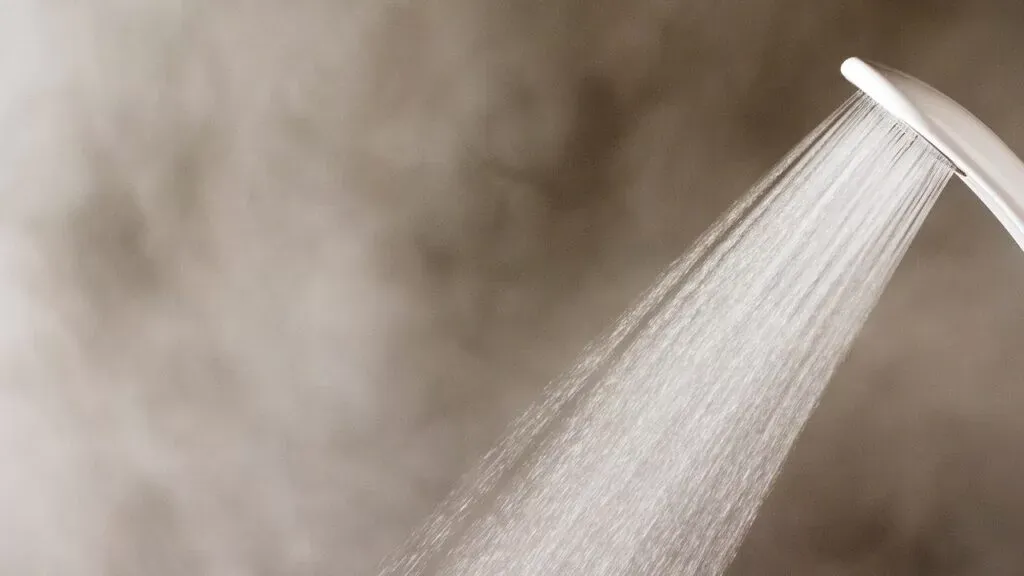
The Evolution and Future Trends
The trajectory of electric tankless water heaters is promising. With advancements in technology, we can expect:
Higher Energy Factors
As technology improves, the energy efficiency of these units will likely rise, offering even greater savings.
Integration with Renewable Energy
Future models might integrate seamlessly with home solar or wind energy systems.
AI-Powered Performance Optimization
With the growth of AI, water heaters might learn household patterns and optimize heating schedules for maximum efficiency and convenience.
Factors to Consider When Making the Switch
Transitioning from a traditional tank heater to an electric tankless water heater is an investment. To ensure you make the right decision, here are a few more considerations:
Local Climate
The efficiency of a tankless heater can be influenced by the temperature of incoming water. If you live in a colder region, you might need a more powerful unit to achieve the desired temperature rise.
Rebates and Incentives
Some regions offer tax credits, rebates, or incentives for households that adopt energy-efficient appliances. It's worth checking local utility companies or government websites to see if such opportunities are available.
Electricity Rates
While electric tankless water heaters are efficient, they do pull a substantial amount of power when in use. Understanding peak and off-peak electricity rates in your region can help you make an informed decision.
Troubleshooting Common Issues
No appliance is without its challenges, and understanding potential issues can prepare you:
Mineral Buildup
In areas with hard water, mineral deposits can accumulate in the unit. Regular descaling can mitigate this.
Overload
If multiple appliances demand hot water simultaneously, the unit may not keep up. Ensuring the heater's capacity matches household demand is crucial.
System Errors
Modern units come with diagnostic tools. If there’s an issue, an error code will typically display, guiding you towards the problem.
The Role of Brands and Warranties
Leading brands in the electric tankless water heater space, like Rheem, EcoSmart, and Stiebel Eltron, offer not only top-notch products but also impressive warranties. Investing in a reputable brand often means better customer service, ease in finding replacement parts, and the assurance of quality.
Exploring Technological Innovations
The electric tankless water heater industry isn't static. It’s marked by continuous innovations aiming to address user needs and enhance the overall user experience.
Integration with Home Automation Systems
In the era of smart homes, the ability to connect your water heater to other home systems is becoming more common. This facilitates centralized control and offers users unprecedented convenience.
Enhanced Self-Diagnostics
Many modern units are now equipped with comprehensive self-diagnostic tools, allowing homeowners to pinpoint issues or inefficiencies easily.
Energy Consumption Tracking
Some of the latest models feature real-time energy consumption tracking. This provides homeowners with insights into their usage patterns, enabling them to make adjustments for even greater savings.
Understanding the Importance of Flow Rate
The flow rate, measured in gallons per minute (GPM), is one of the most crucial aspects when considering an electric tankless water heater. It determines how much hot water the device can deliver at any given time.
Multiple Appliances
If you anticipate running multiple fixtures simultaneously, like a shower and a dishwasher, you’ll need a unit with a higher GPM.
Sizing Correctly
An incorrectly sized unit can lead to inefficiencies or insufficient hot water supply. Consulting with professionals or using online calculators can help ensure you choose a unit with the right flow rate for your home.
Safety Tips for Users
While electric tankless water heaters are designed with safety in mind, users can take additional steps:
Regular Inspections
Periodic checks can help identify and rectify potential problems before they escalate.
Keep the Area Clear
Ensure the area around the water heater remains unobstructed. This facilitates airflow and prevents overheating.
Educate Household Members
Ensure everyone in the household understands the basics of the unit, especially emergency shut-off procedures.
Sustainability Beyond Energy Savings
While the primary draw of electric tankless water heaters is energy efficiency, their sustainability benefits extend beyond just savings:
Less Waste
Without a tank to corrode or degrade over time, there’s less waste entering landfills once the unit has reached the end of its lifespan.
Reduced Carbon Footprint
By consuming less energy, these units indirectly contribute to a reduction in greenhouse gas emissions, especially if the household energy source shifts towards renewables.
Water Conservation
Some units come equipped with water-saving technologies, further bolstering their eco-friendly credentials.
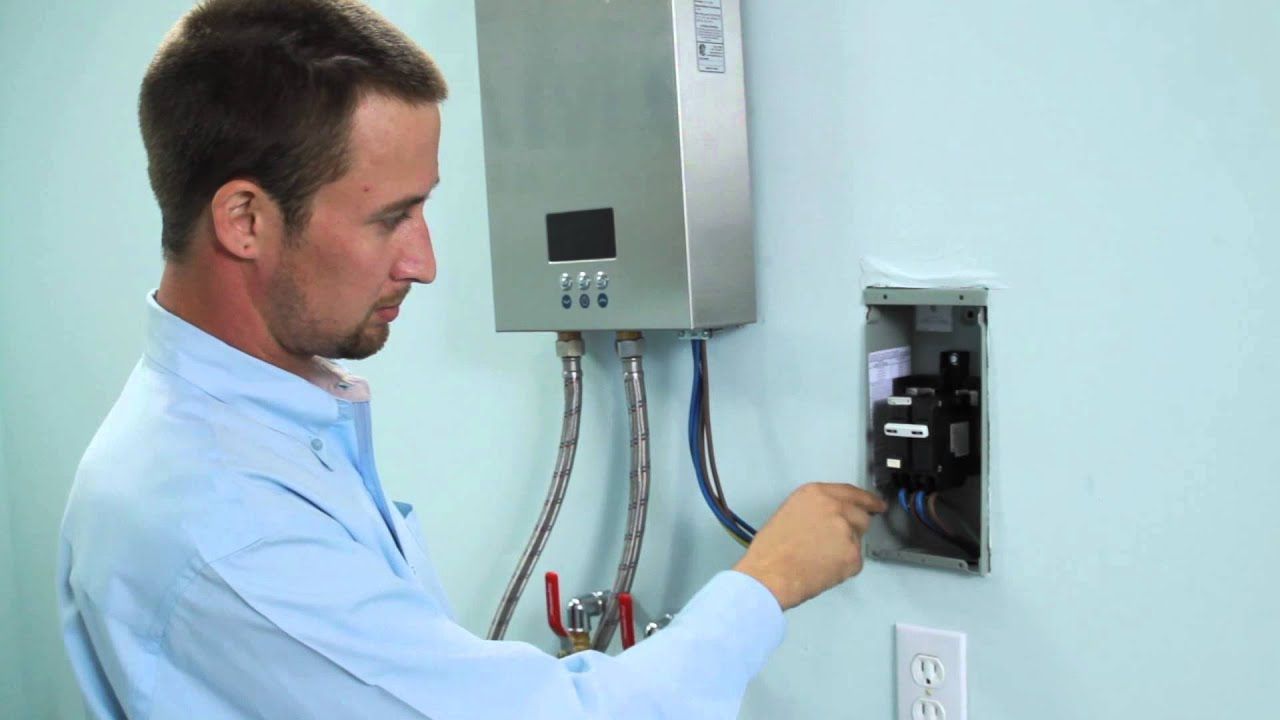
Exploring Different Models and Brands
The electric tankless water heater market is vast, and numerous brands offer various models catering to different needs. Here's a quick guide to help you navigate this space:
Budget-friendly Models
Brands like EcoTemp and Titan offer units that are affordable without compromising too much on performance. These are ideal for smaller households or those with limited hot water demands.
High-end Models
For those seeking the latest features and top-tier performance, brands such as Stiebel Eltron and Rheem come highly recommended. These models often incorporate advanced technologies and offer superior energy efficiency.
Mid-range Models
Rinnai and Bosch offer balanced options, providing both efficiency and value for money. These are suitable for average-sized households with typical hot water demands.
Potential Challenges and Solutions
Like any appliance, electric tankless water heaters aren't without challenges. However, understanding these in advance can help you mitigate potential issues:
Initial High Costs
The upfront cost of purchasing and installing an electric tankless water heater can be daunting. However, this is often offset by long-term energy savings. Look for financing options or local incentives to ease the initial expense.
Electrical Upgrades
Some homes might require electrical system upgrades to support the high power demands of these heaters. Consult an electrician beforehand to assess your home's readiness.
Learning Curve
Adapting to a new system can take time. However, most modern units come with user-friendly interfaces and comprehensive user manuals to facilitate the transition.
Customizing Your Experience with Accessories
To enhance the functionality and longevity of your unit, various accessories are available:
Water Filters
Installing filters can prevent mineral build-up, especially in areas with hard water, thus prolonging the unit's lifespan.
Remote Controls
Some models offer remote control accessories, allowing you to adjust settings from anywhere in your home.
Mounting Kits
To ensure safe and optimized placement, specialized mounting kits can be invaluable.
Industry Outlook and What's Next
The future of the electric tankless water heater industry is bright, driven by technological advancements and rising consumer awareness about energy conservation:
IoT Integration
With the Internet of Things (IoT) revolution, expect these heaters to become even more integrated into smart home ecosystems.
Greener Models
As the push for sustainability intensifies, brands will likely focus on even more energy-efficient models, possibly harnessing renewable energy sources.
User-centric Innovations
Anticipate features that further simplify user experiences, from advanced diagnostics to voice-activated controls.
Maintenance and Longevity: Ensuring Your Investment Lasts
A critical aspect of any household appliance, especially one as significant as an electric tankless water heater, is its maintenance and longevity. Proper care not only ensures you get the most out of your investment but also upholds safety and efficiency.
Routine Checks
Periodically inspecting the unit for any signs of wear, damage, or unusual sounds can help in early detection of potential issues.
Professional Servicing
While these units are designed for durability, having a professional service the heater annually can ensure it runs efficiently and addresses any lurking concerns.
Understanding Error Codes
Modern units often display error codes when something is amiss. Familiarizing yourself with common codes and their meanings can aid in quick troubleshooting.
The Social Impact of Electric Tankless Water Heaters
Beyond the home, the broader adoption of electric tankless water heaters has societal implications:
Energy Consumption
As more households shift to these energy-efficient models, the overall demand on power grids can reduce, leading to lesser fossil fuel consumption and reduced greenhouse gas emissions.
Economic Implications
The growing demand for these heaters has generated numerous jobs, from manufacturing to installation and servicing. Moreover, the money saved on energy bills can be channeled back into the economy in other ways.
Urbanization and Compact Living
As urban areas become more populated, the need for compact and efficient appliances grows. The space-saving design of electric tankless water heaters aligns perfectly with the trend of smaller urban dwellings.
Dispelling Myths: Separating Fact from Fiction
With the popularity of electric tankless water heaters on the rise, so are the myths. Let's set the record straight on a few:
They Deliver Hot Water Instantly
While it's true they heat water on demand, there's still the time taken for the heated water to travel through the pipes to your faucet. This lag can vary depending on the distance.
All Units Are Alike
There's a vast range of units tailored for different needs, from single-point units for one faucet to whole-house units. Research is vital.
They're Maintenance-Free
While they generally require less maintenance than tanked versions, periodic check-ups, especially in hard water areas, are crucial for optimal performance.
Personalization: Making the Most of Your Heater
Modern electric tankless water heaters offer various features that homeowners can use to tailor their experiences:
Programmable Timers
Set timers to heat water during specific times, aligning with your routine and potentially saving more energy during off-peak hours.
Adjustable Thermostats
While many enjoy scalding hot showers, others prefer lukewarm temperatures. Adjustable thermostats cater to all these preferences while also ensuring safety.
Eco Modes
Some units come with eco-friendly modes that balance performance with energy conservation, ideal for times when hot water demand is lower.
Parting Thoughts
The innovation behind the heat exchanger in gas tankless water heaters and electric counterparts has revolutionized how homeowners access their hot water. The shift from traditional storage water heaters to the best tankless water heater options ensures on-demand hot water without the inconvenience of waiting for cold water to turn hot. While storage systems might provide water consistently hot for up to four gallons, the efficiency of tankless units, whether powered by natural gas or an electric element, stands unparalleled.
The advent of electric water heaters and their gas counterparts underscores a transformative phase in home heating technology. The beauty of the best tankless water heaters is not just in their compact design but in their ability to challenge the status quo, moving beyond the limitations of standby heat loss associated with older models. Gas units, in particular, have become a hallmark of efficiency, redefining hot water usage in modern homes.
Over time, homeowners can witness significant accumulated cost savings with tankless models, compared to traditional water heating solutions. The ability to provide a consistent supply of hot water, without storing and continually reheating it, minimizes energy consumption and offers both economic and environmental benefits. As consumers become more informed, the shift towards tankless solutions, known for their efficiency and longevity, is set to dominate the future of water heating.

